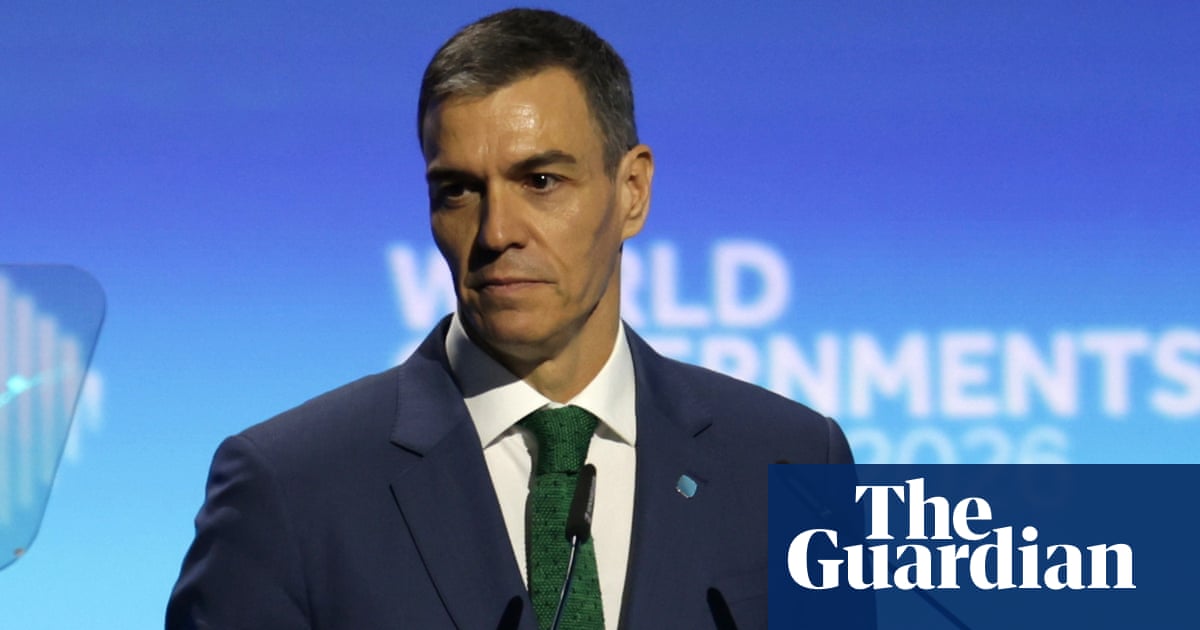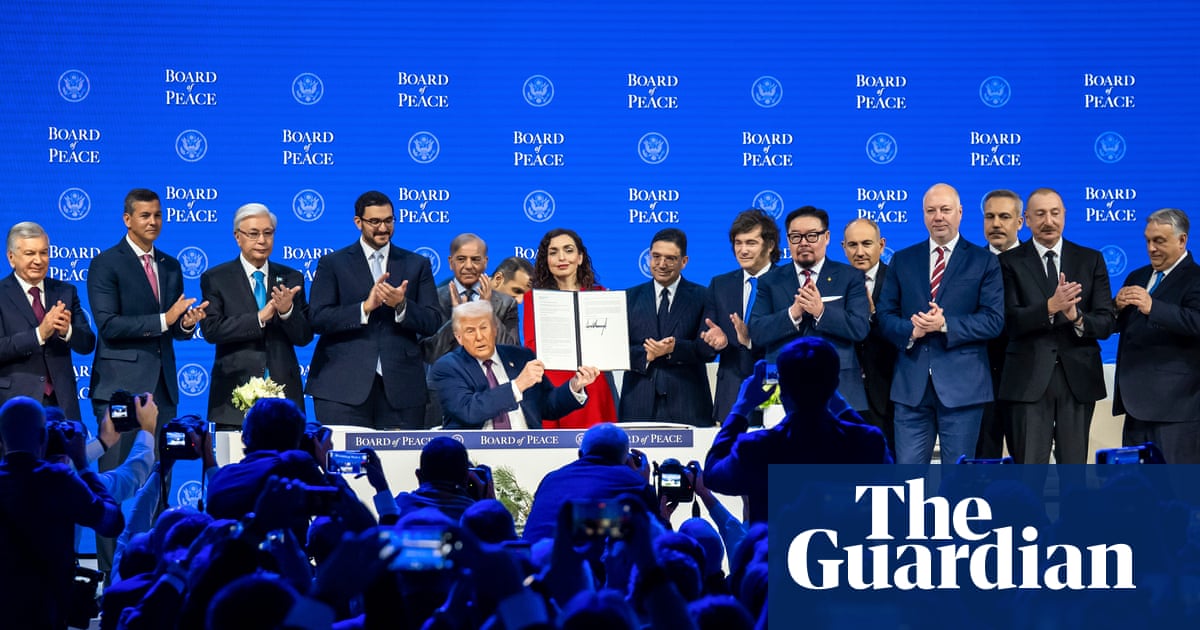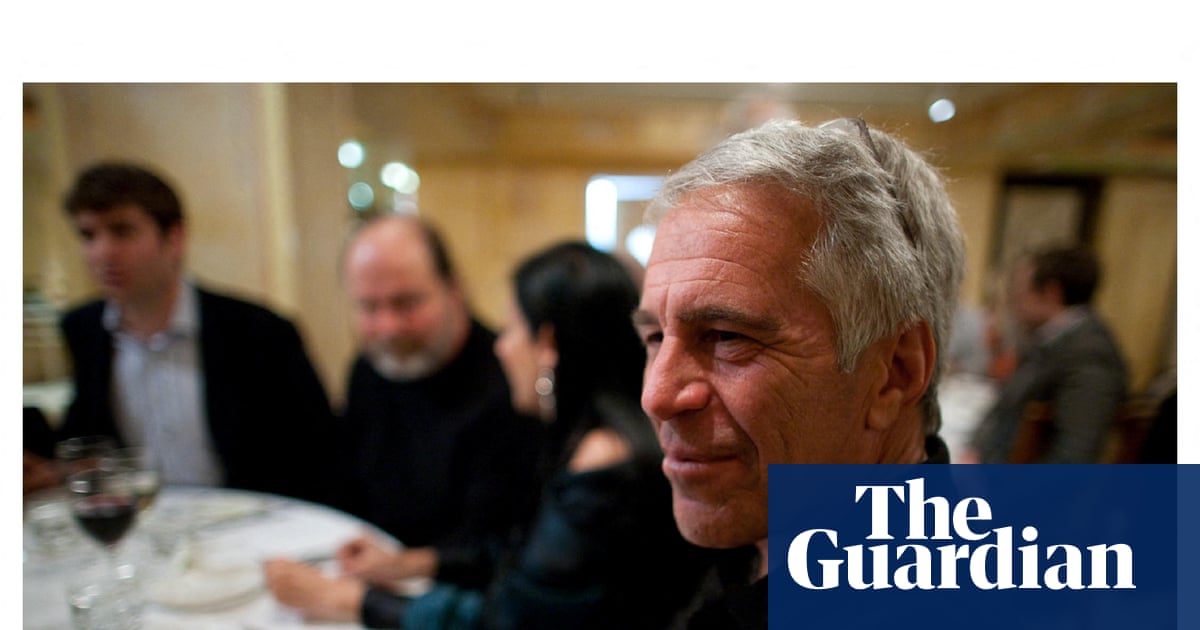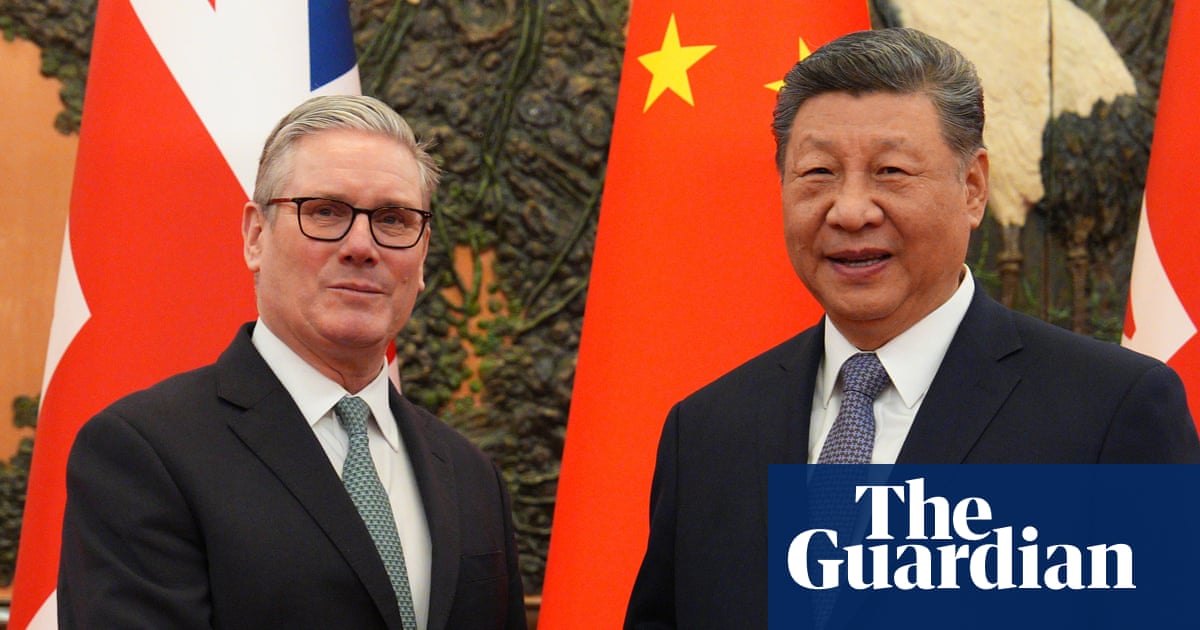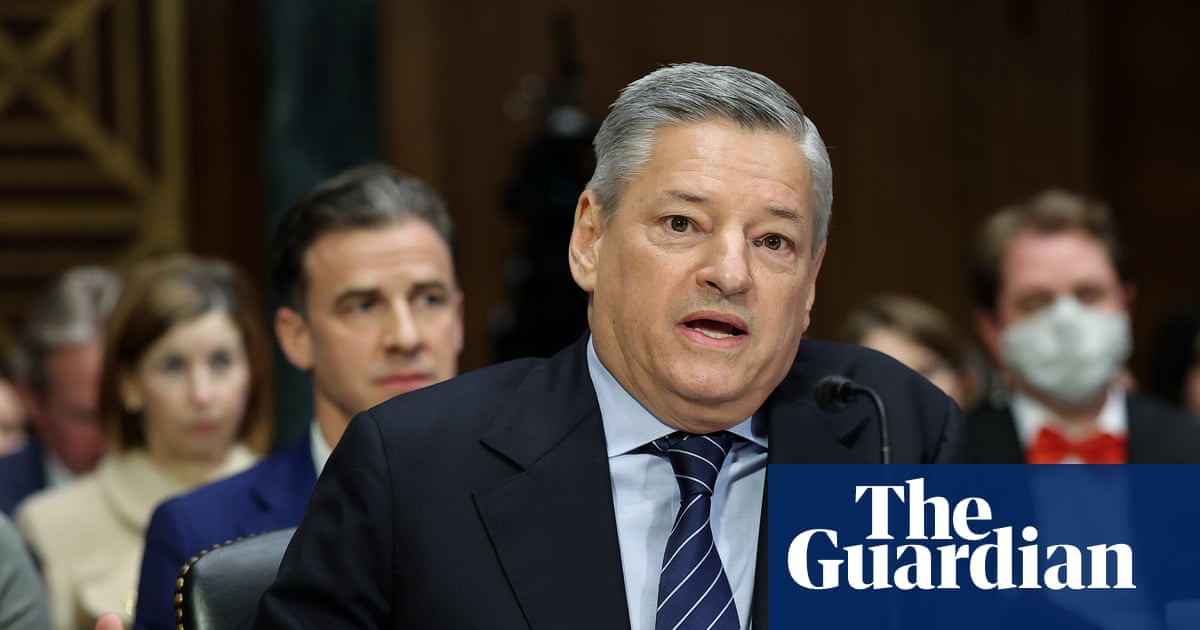The EU has announced it will match Donald Trump’s steel tariffs, doubling levies on imports to 50% in a move condemned as “an existential threat” to the industry in the UK.
With 80% of British exports going to the EU, the change poses the UK steel industry’s biggest ever crisis, according to the lobby group representing the sector.
In its plan presented to the European parliament on Tuesday, the European Commission also proposed slashing the existing quota for duty-free imports and obliging foreign suppliers to declare where the steel was melted and poured to prevent China sneaking products in through other countries.
Senior officials said rules would be an “important stepping stone” to progress negotiations with the US and prove to Trump that the EU have a common foe in Beijing.
“The European steel industry was on the verge of collapse – we are protecting it so that it can invest, decarbonise, and become competitive again,” the bloc’s commissioner for industry , Stéphane Séjourné, told an event in Strasbourg.
The proposals are designed to replace a quota system that has been in operation for the last seven years and which is due to expire in 2026 and is now seen as not fit for purpose. To do nothing could have been “fatal” for the industry, one EU official said.
The source said the new proposals were intended to act as “an important stepping stone” in negotiations with the US over the scrapping of the current 50% tariff on EU steel imports by signalling joint opposition to Chinese steel dumping.
However, Gareth Stace, head of the industry body UK Steel, said Brussels doubling its tariffs would pose “the biggest crisis the UK steel industry has ever faced”.
He called on the government to “recognise the urgent need to put in place its own measures to defend” the UK steel industry – which is still reeling from a 25% tariff imposed by Trump earlier this year – from the threat of millions of tonnes of world steel diverted away from US and European markets. This flood of imports “could be “terminal for many of our remaining steel companies”, Stace said.
Alasdair McDiarmid, assistant general secretary at steelworkers’ union Community, said the new measures posed “an existential threat” to UK steel.
Unions and industry leaders urged Keir Starmer to start negotiations urgently with the EU on country-specific duty-free quotas, noting that the UK was now the EU’s No 1 export market.
Industry leaders in the EU have also been warning for months that their own industry faces being “wiped out” through the new 50% tariffs on exports to the US along with high energy costs and cheap Chinese competition.
Steel on both sides of the Channel is described as a foundational industry, providing elemental components in everything from skyscraper structures, wind turbines and railways to dishwashers and cutlery.
after newsletter promotion
Senior EU officials say the glut of supplies from China’s steel industry, is seen as the “main problem” and has become “absolutely untenable” and is “worsening”.
The new measures must be agreed by member states and the European parliament, with the European Commission president, Ursula von der Leyen, urging national governments and MEPs to act fast in support of the initiative.
If the plan is ratified, the EU will reduce its current duty-free quota by 47% to 18.3m tonnes a year, a level last seen in 2013. It will impose a 50% tariff on imports beyond the quota and oblige countries exporting into the bloc to state where the steel was melted and poured to prevent circumvention of the sanctions.
Norway, Iceland, and Liechtenstein will not be subject to tariff quotas or duties due to their close trading relationship in the European Economic Area, the EU has said.
Alongside the proposal, the EU is seeking a “metals alliance” with the US to ringfence their respective economies from overcapacity.
“The European Union needs to act now, and decisively, before all lights go out in large parts of the EU steel industry and its value chains,” said the president of industry group Eurofer, Henrik Adam.

.png) 3 months ago
85
3 months ago
85


